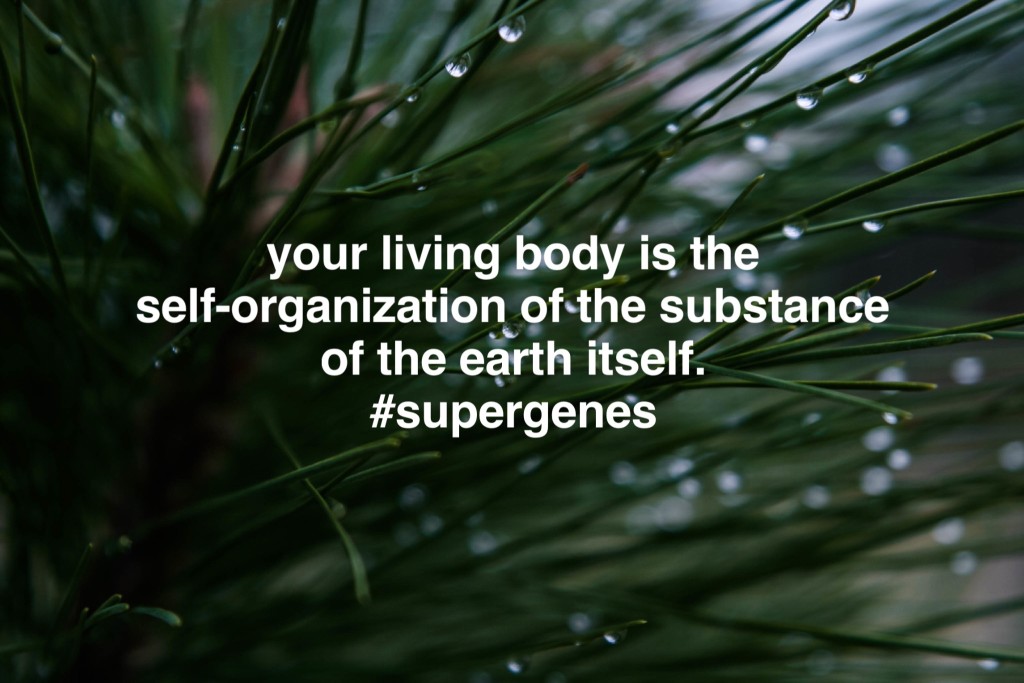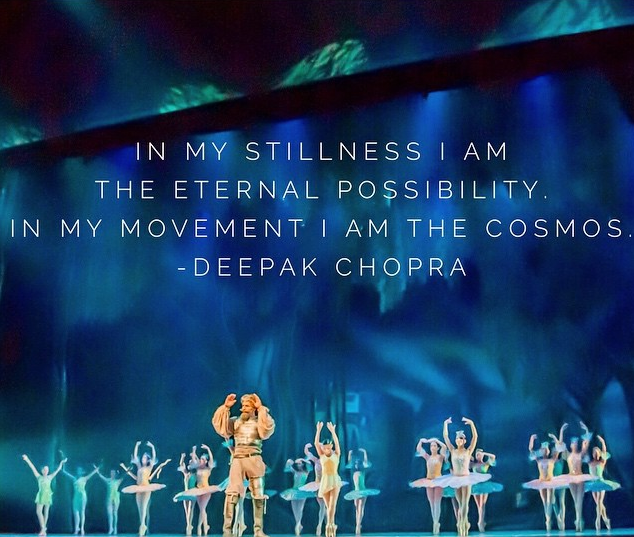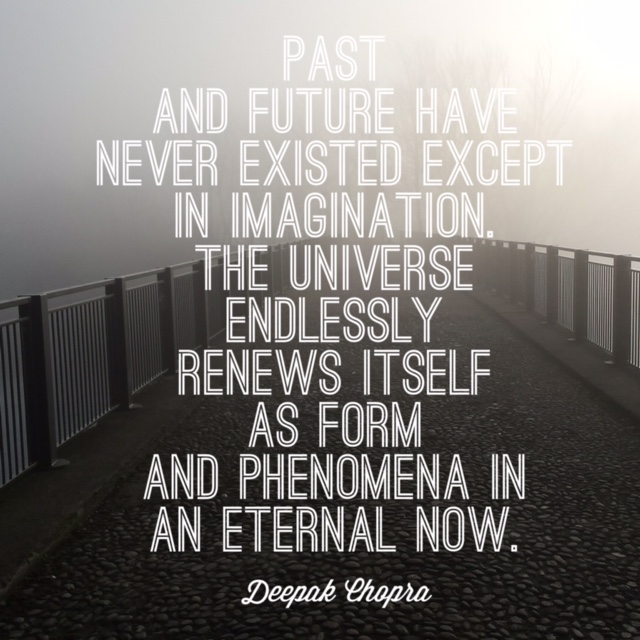 By Deepak Chopra, MD, Menas Kafatos, PhD, Bernardo Kastrup, PhD, Rudolph Tanzi, PhD
By Deepak Chopra, MD, Menas Kafatos, PhD, Bernardo Kastrup, PhD, Rudolph Tanzi, PhD
Science concerns itself with reality, in the form of “real particles”, “real organisms”, and the “real universe”. The tacit assumption is that science can answer the question of reality itself. If this wasn’t the case, science would have a hard time explaining why it holds a special place as a human activity. So one must grant that science concerns itself with the reality of “objects”. What this assumes, of course, is that objects exist independent of conscious experience. In the first two articles of this series, we’ve discussed the evidence that our universe is in fact fundamentally mental. What we call physical things and events, as it turns out, do not exist independently of subjective experience.
If they did, how would one even prove such existence? Conscious experience is the only way that reality can be known. The implications of this increasingly unavoidable conclusion—that the universe must be approached as fundamentally mental—are often misunderstood. For this reason, the vast majority of scientists cling to the belief in materialism, regarding anything else as metaphysics and not science. The goal of the present article is to address some of these misunderstandings.

 For a very long time, if you wanted to know if something is real or not, the go-to people have been scientists. The rise of rationality over superstition is considered the single greatest achievement of the past three or four centuries. So it’s startling news–as we discussed in the last post–that physics has arrived at a reality crisis. Three great unsolved mysteries remain, and they are the same riddles asked by ancient Greek philosophers: What is the universe made of? Where did the universe come from? How do we know what’s real?
For a very long time, if you wanted to know if something is real or not, the go-to people have been scientists. The rise of rationality over superstition is considered the single greatest achievement of the past three or four centuries. So it’s startling news–as we discussed in the last post–that physics has arrived at a reality crisis. Three great unsolved mysteries remain, and they are the same riddles asked by ancient Greek philosophers: What is the universe made of? Where did the universe come from? How do we know what’s real? Human beings are unique in the scenario of life on Earth–that much is obvious. We are guided by awareness, and to implement our wishes, dreams, and inventions, the higher brain (chiefly the cerebral cortex) has evolved to extraordinary proportions. Although classical Darwinism is mindless, and staunchly defended as such by strict materialists, Homo sapiens is no longer caught in the clutches of natural selection. As we saw in the first post of this series, human society is very different from the state of nature. Chimpanzees don’t get their food at the grocery store, and we don’t get ours by fighting with rivals in the treetops.
Human beings are unique in the scenario of life on Earth–that much is obvious. We are guided by awareness, and to implement our wishes, dreams, and inventions, the higher brain (chiefly the cerebral cortex) has evolved to extraordinary proportions. Although classical Darwinism is mindless, and staunchly defended as such by strict materialists, Homo sapiens is no longer caught in the clutches of natural selection. As we saw in the first post of this series, human society is very different from the state of nature. Chimpanzees don’t get their food at the grocery store, and we don’t get ours by fighting with rivals in the treetops.